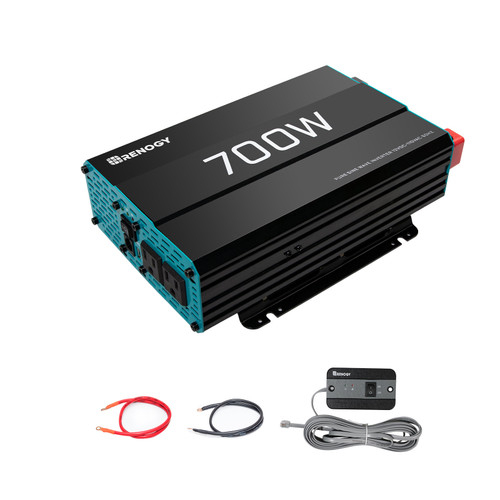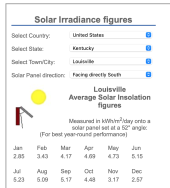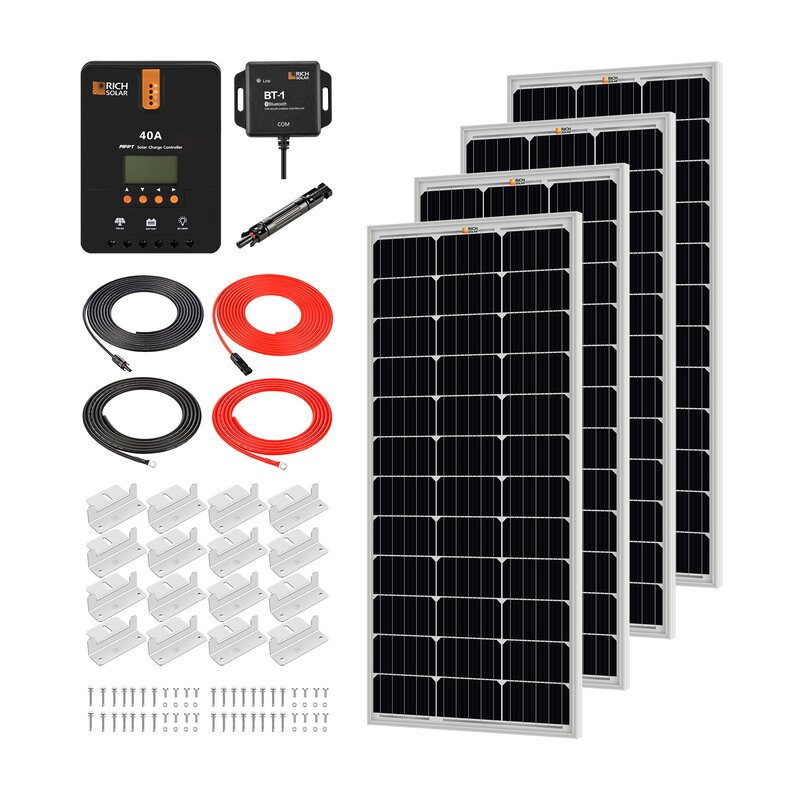danrclem
New Member
Hi, new guy here.
I'm wanting to build a small system to get by if we have a power outage. I'm wanting something that I can put up and take down as needed. I've already bought two lead acid deep cycle batteries and a 700 watt, Renogy inverter. In hindsight I probably should have joined a forum such as this before I bought anything.
It depends on the cost but I'm wanting to buy two to four 100 watts panels. From reading some and watching YouTube videos I think that I want an MPPT charge controller. I've looked at some kits by Renogy and some of them seem to be decently priced. I'm really not sure what amp size charge controller that I need. I'm not necessarily buying Renogy but I'd like some suggestions from people in the know. Do any of you have any suggestions as to kits, brands or any other information that would be useful to me? Any help will be appreciated.
I'm wanting to build a small system to get by if we have a power outage. I'm wanting something that I can put up and take down as needed. I've already bought two lead acid deep cycle batteries and a 700 watt, Renogy inverter. In hindsight I probably should have joined a forum such as this before I bought anything.
It depends on the cost but I'm wanting to buy two to four 100 watts panels. From reading some and watching YouTube videos I think that I want an MPPT charge controller. I've looked at some kits by Renogy and some of them seem to be decently priced. I'm really not sure what amp size charge controller that I need. I'm not necessarily buying Renogy but I'd like some suggestions from people in the know. Do any of you have any suggestions as to kits, brands or any other information that would be useful to me? Any help will be appreciated.







